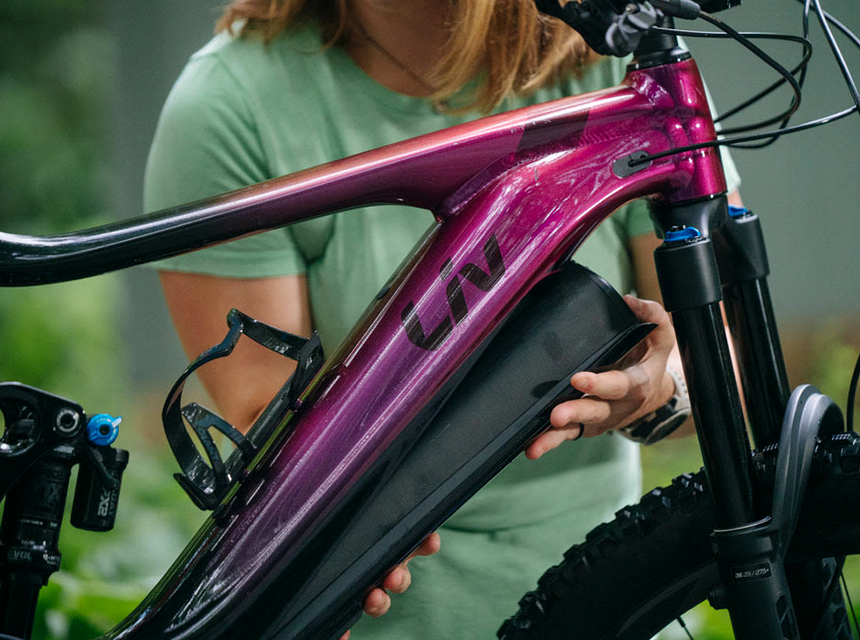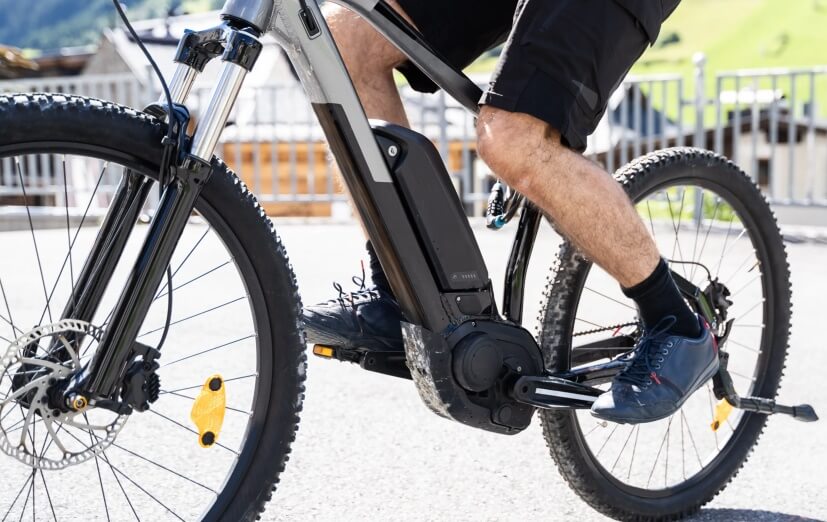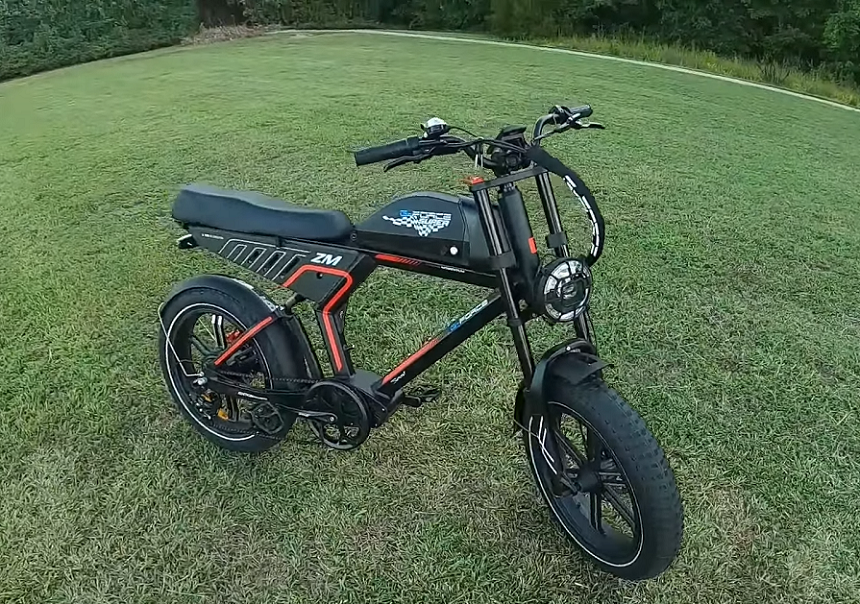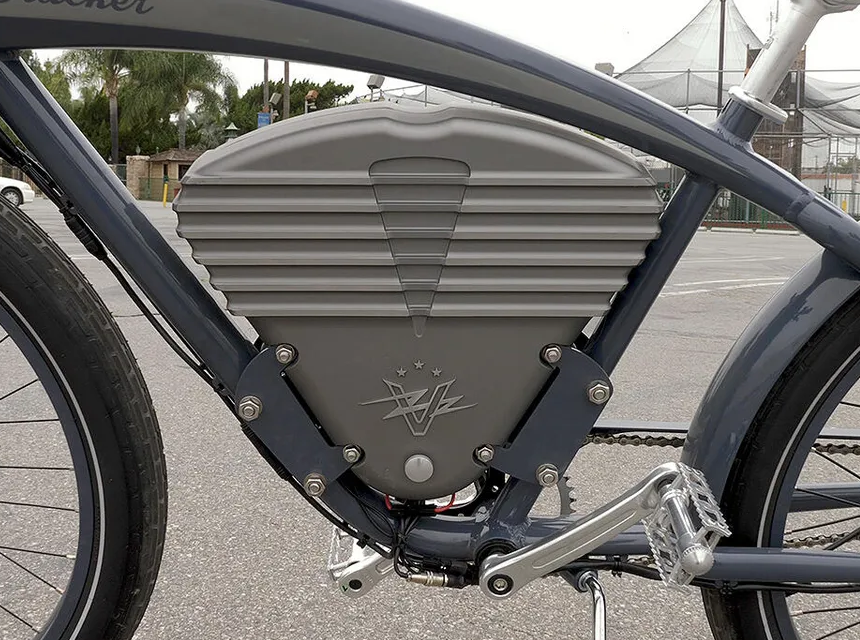- Trails
-
Bikes
-
Gear
-
Tips & Tricks
-
About us



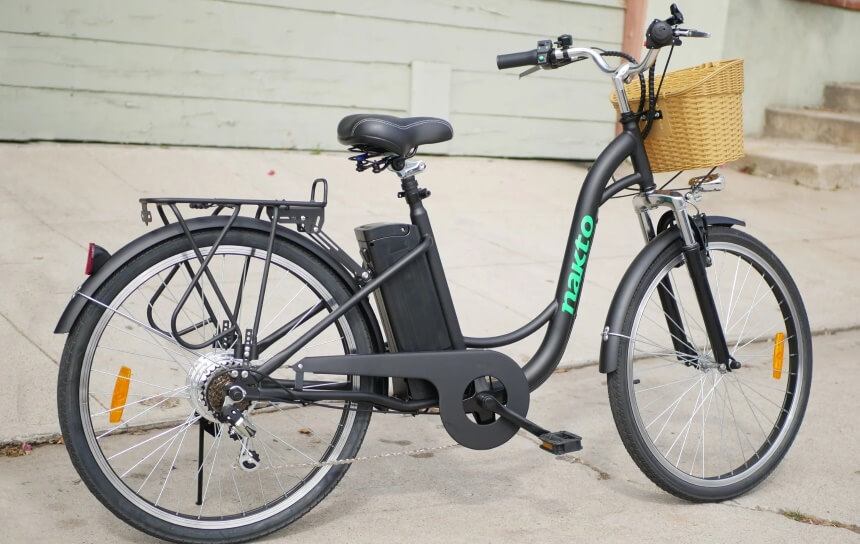
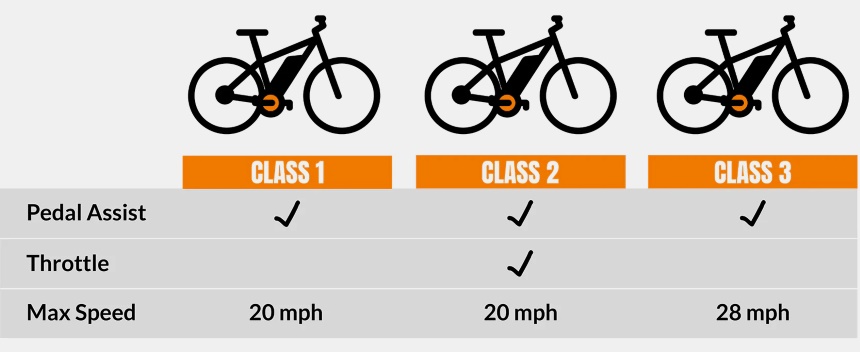 In the U.S., there’s no simple answer to the question, “Do you need a driver’s license for an electric bike?” This is because there are currently different regulations, depending on the Federal or State Law applicable in the State you’re residing in. For instance, 26 U.S. States have opted to use
In the U.S., there’s no simple answer to the question, “Do you need a driver’s license for an electric bike?” This is because there are currently different regulations, depending on the Federal or State Law applicable in the State you’re residing in. For instance, 26 U.S. States have opted to use 






